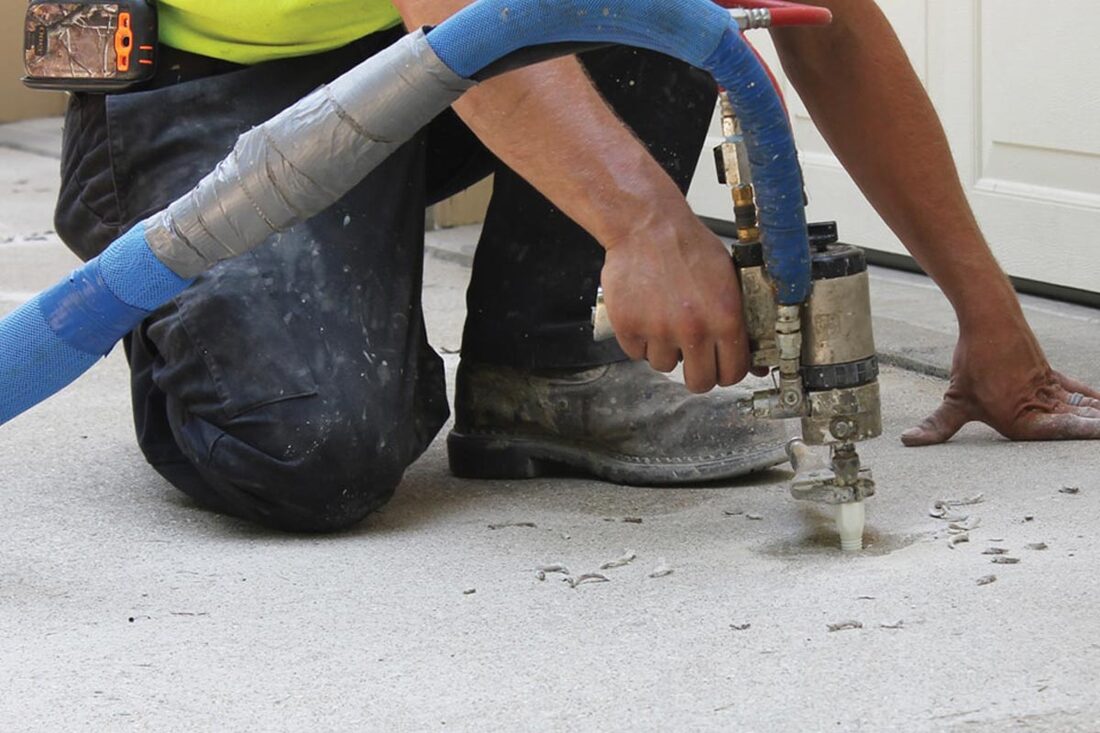When it comes to providing care for aging or ailing loved ones in the comfort of their homes, two common options are home nursing care and personal home care assistance. While both options offer valuable support, they differ in terms of the type of care provided, the qualifications of caregivers, and the level of medical expertise involved. In this article, we will explore the differences between home nursing care and personal home care assistance to help you make an informed decision about the best care option for your loved ones.
Home Nursing Care:
Home nursing care, also known as skilled nursing care, involves the provision of medical care and services by licensed nurses or registered nurses (RNs) in the home setting. These nurses have undergone specialized training and education, enabling them to provide a wide range of medical services to patients, including:
- Medical Assessment: Home nurses conduct thorough medical assessments to evaluate the patient’s health condition and needs.
- Medication Management: They administer medications, manage prescriptions, and ensure compliance with prescribed treatments.
- Wound Care: Home nurses are trained to handle wound dressings, catheter care, and other medical procedures.
- Disease Management: For patients with chronic conditions, home nurses assist in managing their health conditions, monitoring vital signs, and adjusting treatment plans as needed.
- Medical Equipment: Home nursing care may involve the use of medical equipment, such as infusion pumps or ventilators, which the nurses are trained to operate.
- Rehabilitation Support: For patients recovering from surgeries or illnesses, home nurses provide rehabilitation support and guidance.
Personal Home Care Assistance:
Personal home care assistance, on the other hand, focuses on providing non-medical care and support to individuals who need help with activities of daily living (ADLs) and other essential tasks. Personal home care aides, also known as caregivers or home health aides, offer supportive services that do not involve medical procedures. Their primary responsibilities include:
- Assistance with ADLs: Personal caregivers help with tasks such as bathing, dressing, grooming, and toileting.
- Meal Preparation: They plan and prepare meals according to the individual’s dietary needs and preferences.
- Medication Reminders: While personal caregivers do not administer medications, they can provide reminders to ensure medication compliance.
- Light Housekeeping: Personal home care aides assist with light housekeeping tasks, such as laundry and tidying up the living area.
- Companionship: Providing companionship and emotional support is an essential aspect of personal home care assistance.
- Transportation: Personal caregivers can assist with transportation to appointments or outings.
Key Differences:
- Medical Training: The most significant difference between home nursing care and personal home care assistance is the level of medical training. Home nurses are licensed medical professionals with specialized training, while personal caregivers are trained to provide non-medical support.
- Services Provided: Home nursing care focuses on medical care, including wound management, medication administration, and disease management. Personal home care assistance focuses on helping with daily living activities and providing companionship.
- Medical Expertise: Home nursing care involves medical expertise and requires knowledge of various medical conditions and treatments. Personal home care assistance primarily requires understanding the specific needs and preferences of the individual.
- Eligibility: Home nursing care is typically prescribed by a physician for patients who require skilled medical care at home. Personal home care assistance is suitable for individuals who need support with daily living tasks but do not require medical care.
In conclusion, both home nursing care and personal home care assistance serve essential roles in supporting individuals who wish to age in place or recover from illnesses or surgeries in the comfort of their homes. The decision between the two options depends on the specific needs and health condition of the individual. For medical needs and specialized care, home nursing care is the best choice, while personal home care assistance is ideal for those who require non-medical support and companionship. By understanding the differences between the two types of care, families can make informed decisions to provide the best possible care for their loved ones.




